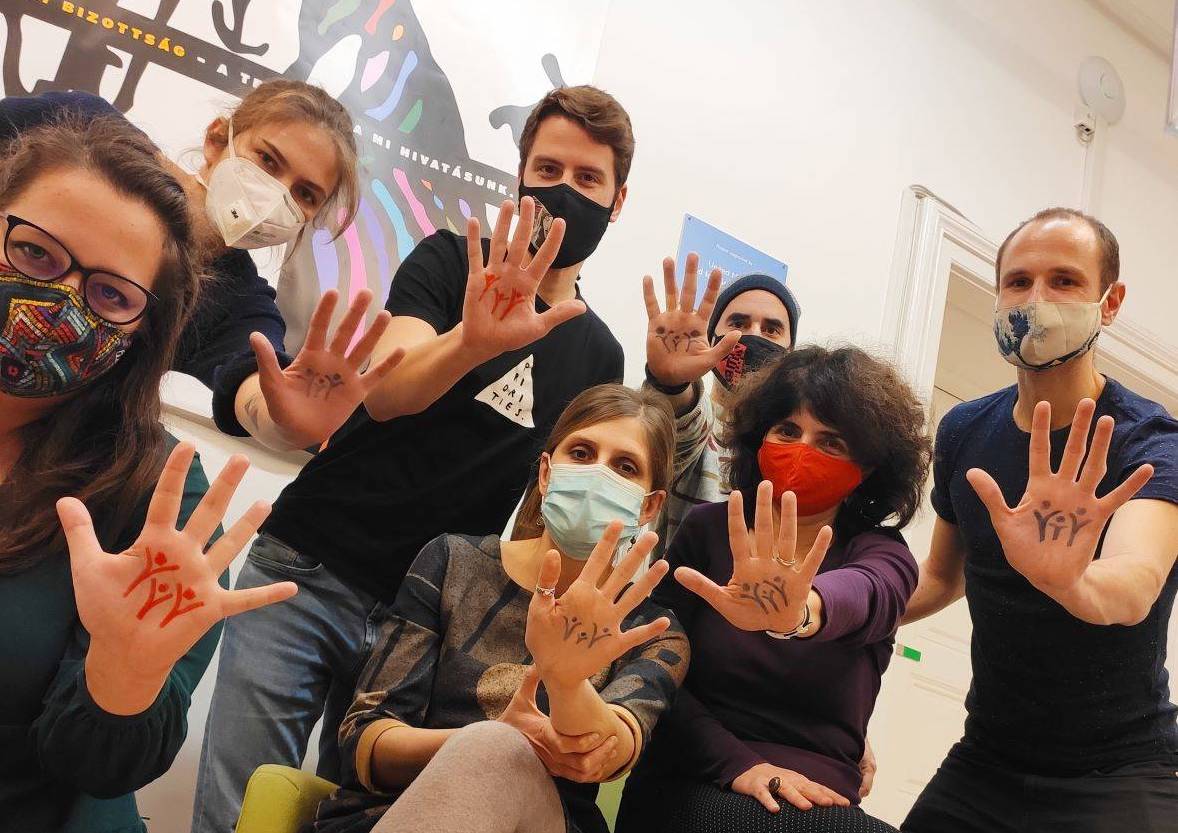
Defending Hungarians’ human rights during the pandemic
In March 2020, the Hungarian parliament passed a law allowing the country’s prime minister, Viktor Orban, to rule by decree, explained as a necessary response to the coronavirus pandemic. The move drew international and national criticism, including from the Hungarian Helsinki Committee, concerned that an indefinite state of emergency lacking parliamentary oversight would not guarantee the observation of basic principles of democracy and human rights.
HHC, which is an SRT grantee, produced short videos on the dangers of the Authorisation Act and of government actions that followed. These included government takeover of the popular news portal, Index, under the auspices of protecting society from misinformation and the withdrawal of financial assistance from municipalities led by opposition parties. HHC published ongoing legal analyses to inform civic action and organised an online forum with a leading digital news site. When the government accused foreign students and immigrants of spreading the virus, HHC provided litigation, media and advocacy support to those unlawfully expelled, most of whom were able to return.
Founded in 1989 after the fall of the Berlin Wall, HHC has traditionally worked on civil rights issues, including those related to detention, criminal justice and asylum. Through as many as 800 cases per year, HHC staff litigate to protect fundamental rights of free speech and freedom of assembly as well as the rights of migrants and refugees. In addition to providing legal aid and other services, they challenge the closing of civic space through regional and international advocacy.
As the Covid-19 pandemic continued, doctors, nurses and other frontline medical workers were exposed to significant risks to their rights to life and health. HHC, which had not previously focused on healthcare issues, provided free legal advice on nearly 100 cases from the Hungarian Medical Chamber. They also defended patients whose rights were violated, for example, when the government ordered them evacuated from hospitals to make way for Covid-19 patients at a time when such cases were low.
András Kádár, HHC co-chair, sees an unanticipated outcome of this pandemic-related work, carried out in partnership with the Hungarian Civil Liberties Union and others. It is not often that the majority population is subjected to government overreach in the way that minorities such as refugees are, he explained.
“Through this type of work, we are able to show that human rights is a matter of importance to all members of society—majority and minority alike,” said Kádár. “It is a chance to explain how implementing human rights norms benefits everyone.”
HHC was awarded a 2021 Civil Solidarity Prize by the European Economic and Social Committee, in recognition of its work during the pandemic. “When there was nowhere to turn, they gave me advice and access to hope,” said one recipient of HHC’s legal aid, who called the organisation a “bastion of democracy in Hungary”.
HHC also won two landmark cases during this period. In May 2020, the Court of Justice of the European Union held that confining asylum seekers in transit zones is unlawful, in a ruling that applies to all EU member states. In June 2020, the same court ruled that a Hungarian law requiring non-governmental organisations that receive foreign funds to register and declare themselves as such was stigmatising and in breach of EU law.

Staff donated masks with the HHC logo to homeless shelters. ©HHC
Solidarity has been important to HHC staff during the pandemic. They distributed protective medical gear to medical workers, collected and donated laptops to disadvantaged children, and donated facemasks to homeless shelters. In December 2020, they supported the “Family is Family” campaign protesting a new law that effectively barred same-sex couples from adopting children and defined family as based on marriage between a man and a woman. The campaign was widely supported by international and national companies, embassies and celebrities and “everyday Hungarians”.
Return to grantee stories
